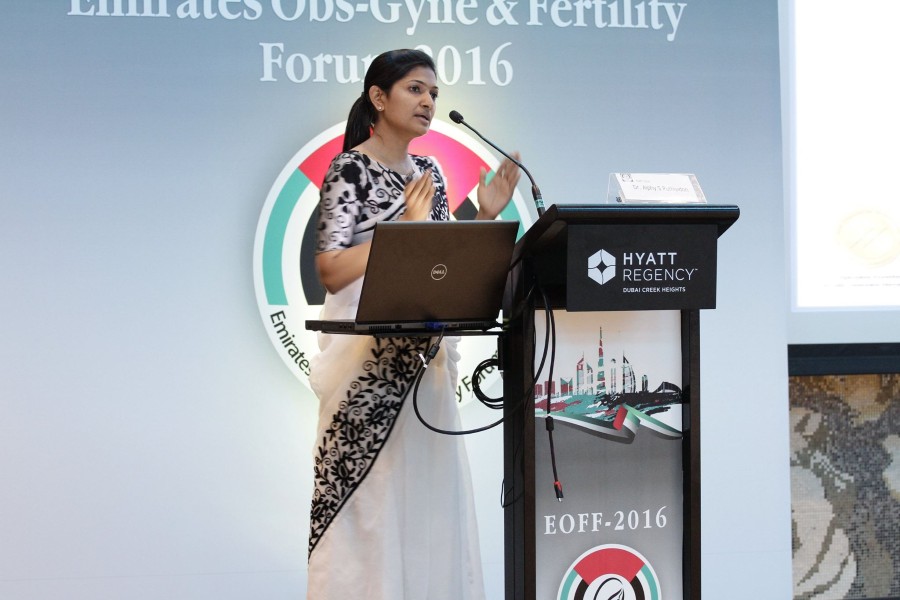Endometriosis is a medical condition where tissue similar to the lining of the uterus (endometrium) grows outside the uterus, often causing significant pain and discomfort.
Pain Symptoms Associated with Endometriosis:
1. Pelvic Pain: The most common symptom is chronic pelvic pain,
which may occur during menstruation, sexual intercourse, or throughout the menstrual cycle.
2. Dysmenorrhea: Women with endometriosis often experience severe menstrual cramps (dysmenorrhea) that may not respond well to pain relievers.
3. Painful Intercourse: Sexual intercourse can be painful for individuals with endometriosis due to the presence of endometrial tissue in the pelvic area.
4. Lower Back Pain: Some may experience lower back pain that is associated with their menstrual cycle.
5. Gastrointestinal Pain: Endometriosis can affect the bowel, leading to pain during bowel movements or constipation.


Managing Pain from Endometriosis:
1. Pain Medications: Over-the-counter or prescription pain relievers can help manage pelvic pain and menstrual cramps.
2. Hormone Therapy: Hormonal treatments like birth control pills, hormonal IUDs, or GnRH agonists may be used to control pain by regulating the menstrual cycle.
3. Laparoscopic Surgery: In cases of severe pain or when medications are not effective, laparoscopic surgery may be recommended to remove endometrial tissue and adhesions.
4. Physical Therapy: Pelvic floor physical therapy can provide relief from pelvic pain and improve overall pelvic health.
5. Lifestyle Changes: Some individuals find that dietary changes, stress management, and regular exercise can help alleviate symptoms.
It's essential to consult with a healthcare provider if you suspect you have endometriosis or are experiencing symptoms. They can provide a proper diagnosis and work with you to develop a personalized treatment plan to manage pain and improve your quality of life.